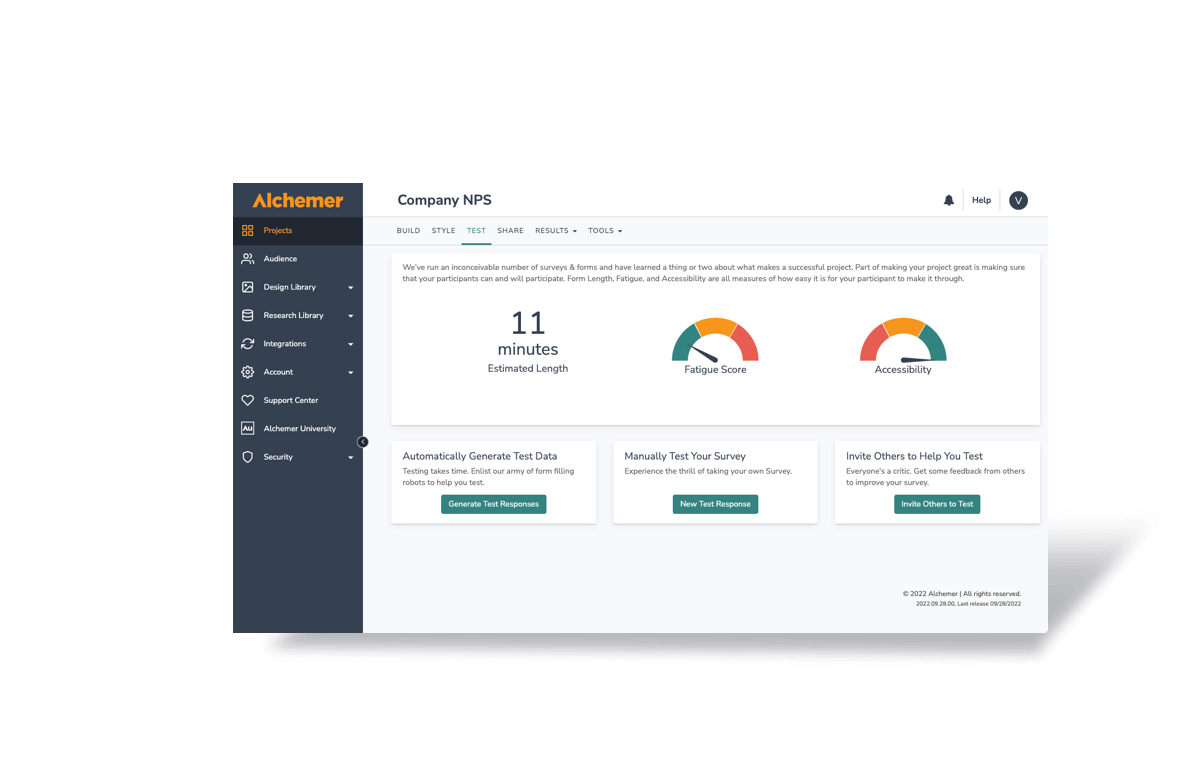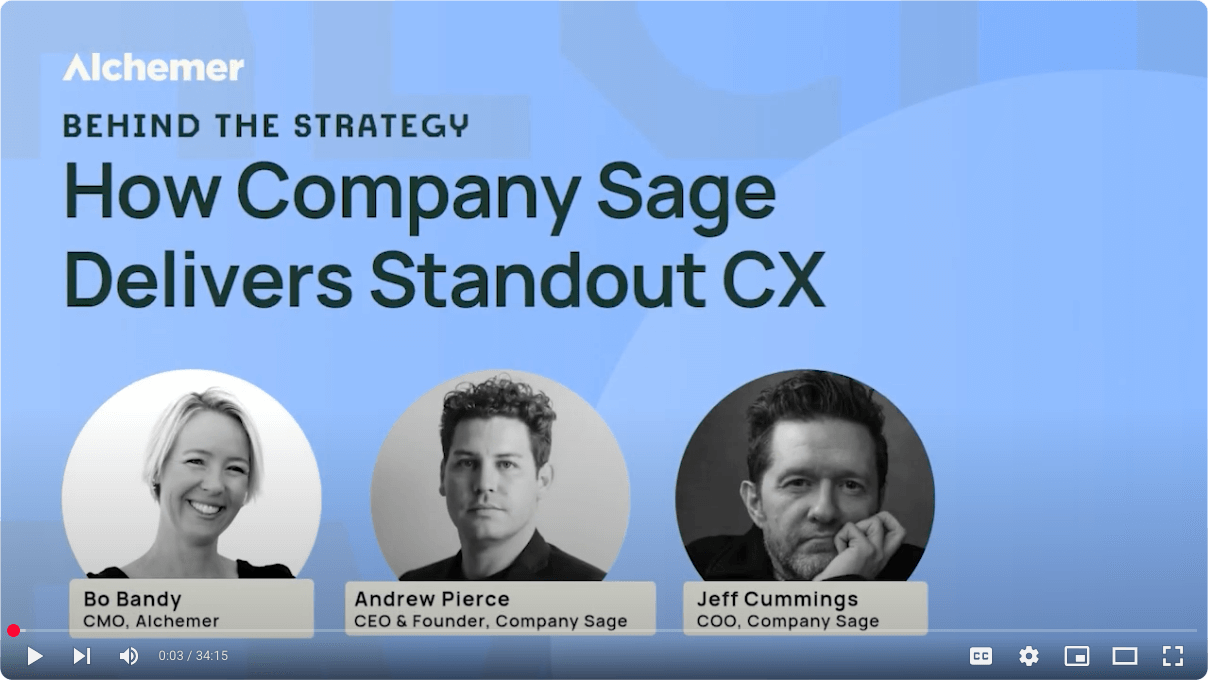Tips and Tricks to Turn Your Feedback into Gold
When creating surveys and soliciting feedback, many people overlook the logical options available. These options help build relevant, personal, and quick surveys. They allow you to dig deeper without fatiguing the respondent. Using survey logic effectively allows you to collect better feedback. Various methods automatically direct respondents to different parts of the survey. This ensures that you gather more relevant and targeted responses. This variety allows you to choose the right approach to get the best feedback from your respondents.
Focus on what you’re showing, not what you’re hiding
A survey with no logic shows all of the pages and all of the questions in order. So, even if you don’t have a cat, for example, you’ll still see all the cat-related questions (and can answer them, making data analysis much more complicated). A survey with logic directs the respondent to the next logical question based on their answer. In the same example, a survey with logic might take you immediately to questions about why you don’t have a cat, or questions about dogs.
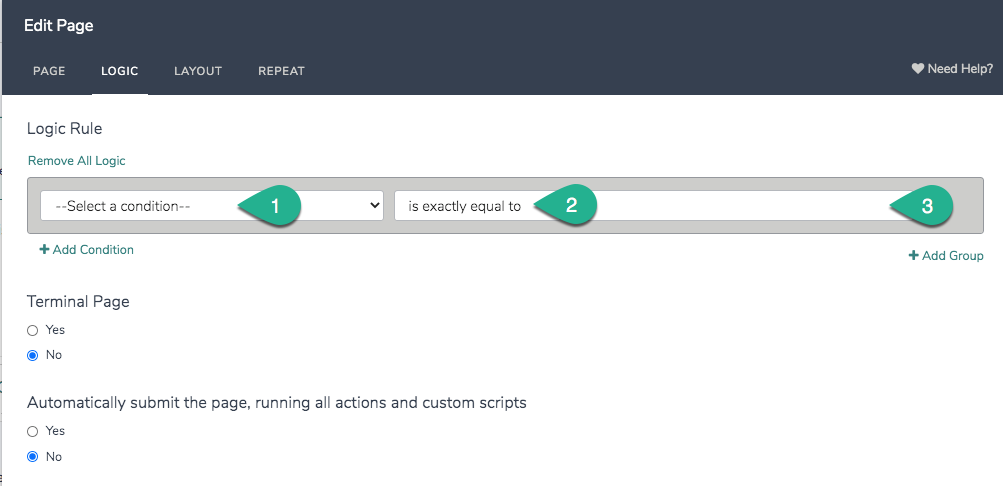
Use tracks that follow your logic
Using survey logic, you can set up multiple question tracks within the same survey to gather more detailed information, while keeping your survey short and relevant. In this way, you can use one survey to gather as much information as three or four would.
In a pet survey, for example, you might ask about dogs, cats, and other animals. To do this, you might build a question track for each answer – a Dog track, a Cat track, an “Exotics” track, and a multiple animals track – each track being like its own survey. Then you can begin with a question that determines which track the respondent will take.
Pick a Logic
There are three types of logic you can use in your surveys to collect better feedback while keeping the survey short for participants: Question Logic, Page Logic, and Skip Logic.
Question Logic allows you to skip a question or two that would be irrelevant based on an answer you gave. For example, if you ask, “Do you feed your pet table scraps?” a Yes response might skip you to a question like, “Do you know if the human food is safe for your pet?” At the same time, a No response might ask if you do this for health or training reasons.
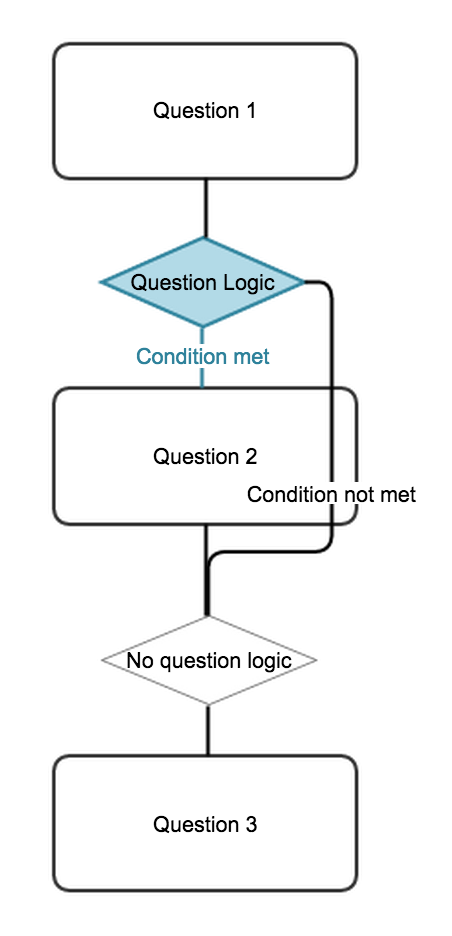
Page Logic allows you to skip to a different page based on an answer. This is useful when you have created separate tracks for your survey. For example, answering Yes to owning a dog would take you to the Dog Owners page of the survey. This ensures the survey taker only sees relevant questions, reducing their survey fatigue. It also makes it easier to create smaller surveys covering a single topic within a larger survey.
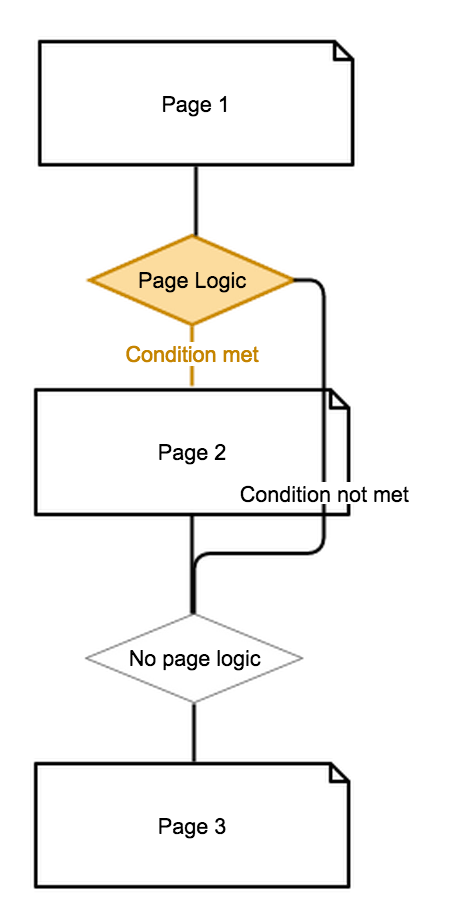
Skip Logic is often used as Disqualify Logic, which ends the survey for that respondent. Use this requirement for surveys where you’ve purchased an audience through panels to avoid paying for recipients who don’t qualify. In our pet example, you would use this for people who say they have no pets. If they select that option, the survey sends them to a thank you page to prevent skewing the results.
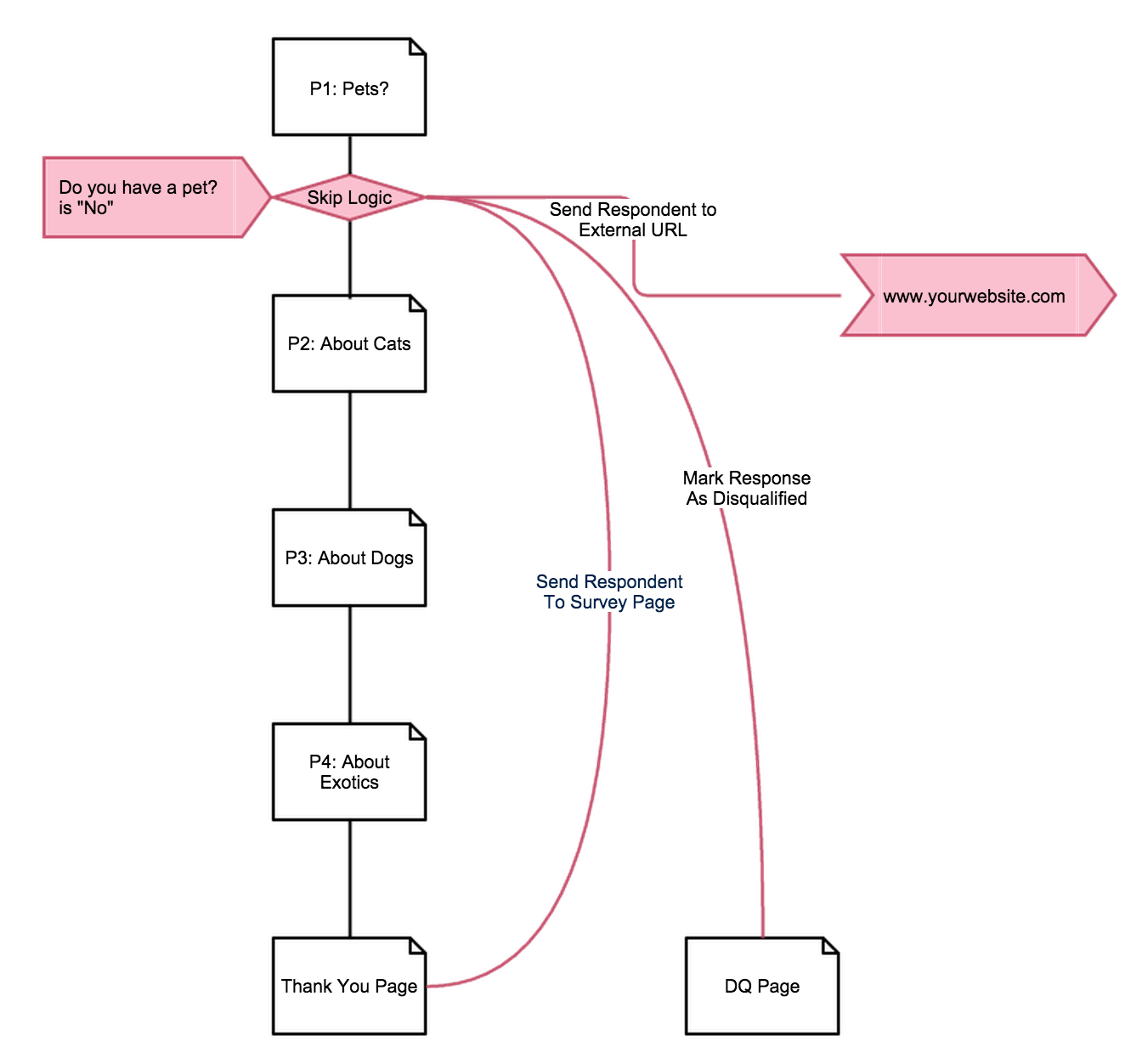
The Decision Point
In all of these surveys, there is a decision point that takes the respondent through to questions that are more relevant and specific to them. Or, in the case of Skip logic, it takes them out, so they don’t influence your results.

Decision points allow you to field a survey to a large audience, then allow the audience to select the survey branch that is most relevant to them, and only answer those questions. This reduces survey fatigue, which generally results in lower-quality responses and more incomplete responses.
Better Feedback Leads to Better Decisions
You might not need survey logic for all of your projects, but for those you do, it’s invaluable. It’s also why the same Alchemer Survey solution you use in your department can work in any department in your organization – HR, marketing, market research, CX, product management or anybody trying to collect feedback. You can find the same Alchemer deployment at work across organizations of all sizes, in every department, around the world.
Dig deeper with your audiences without fatiguing them. Take advantage of Question, Page, and Skip logic to get the best feedback from your respondents, because better feedback means you’re basing business decisions on better data.
Already an Alchemer customer? Here’s how to build logic into your surveys.
Click here to schedule a demo to learn more about logic in Alchemer Survey.

